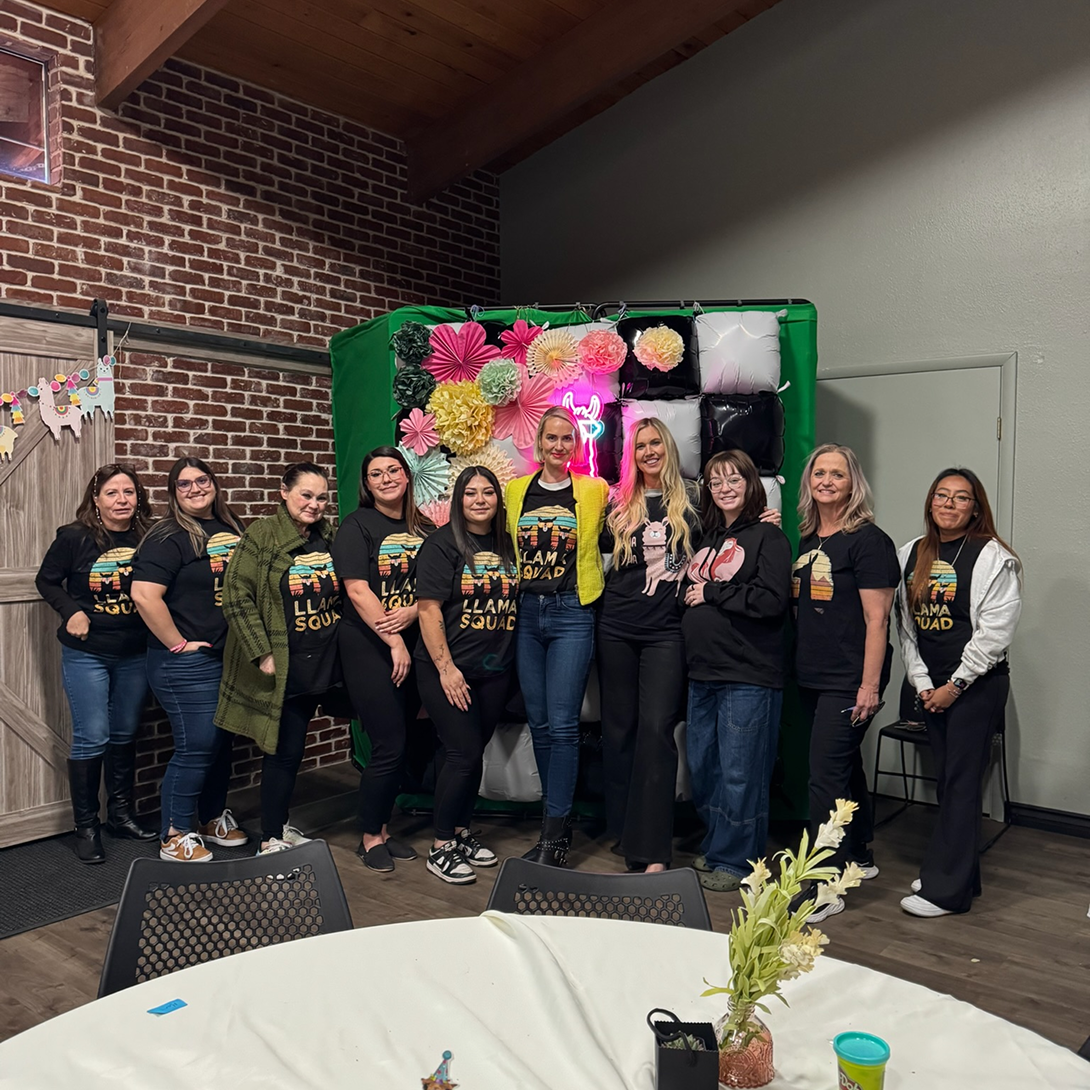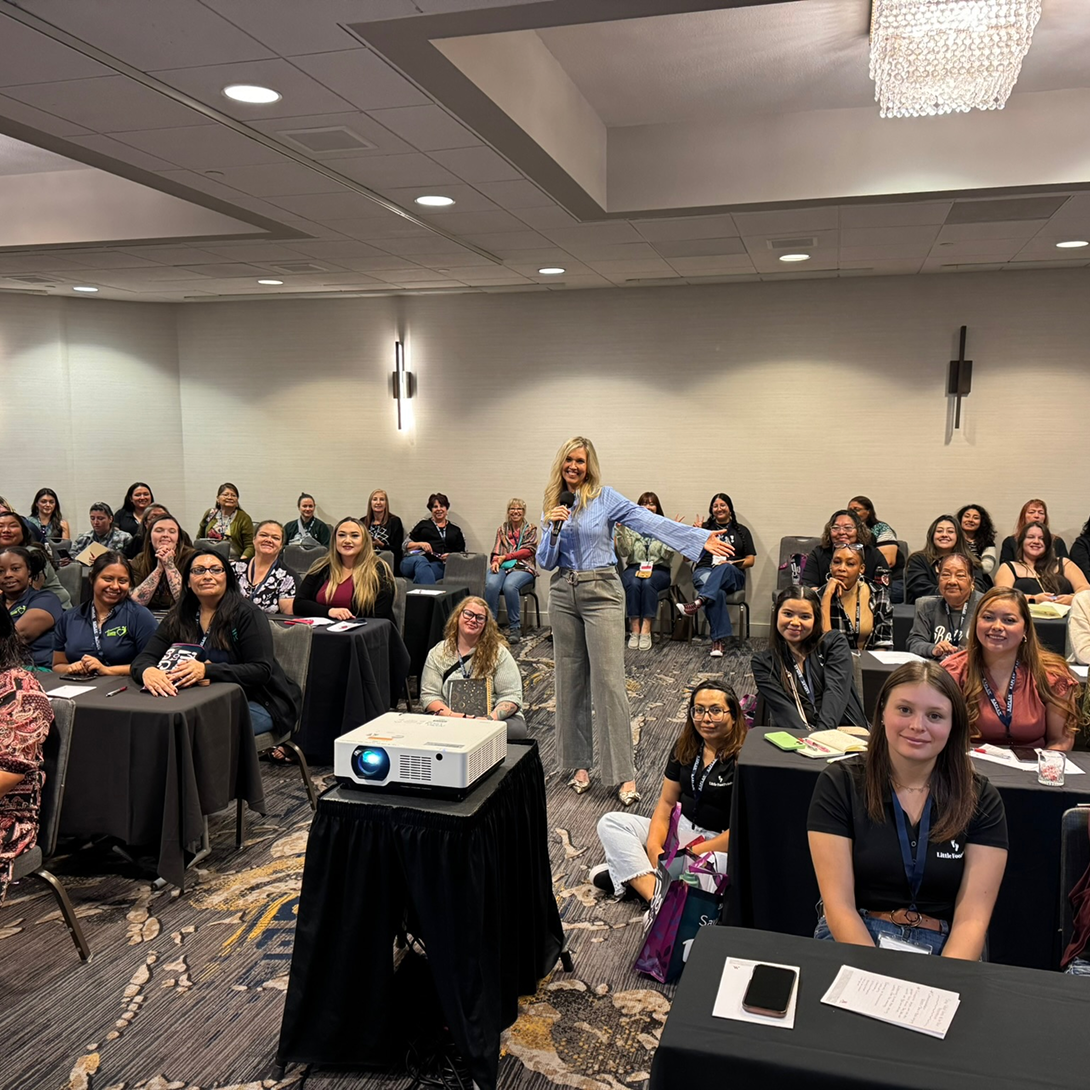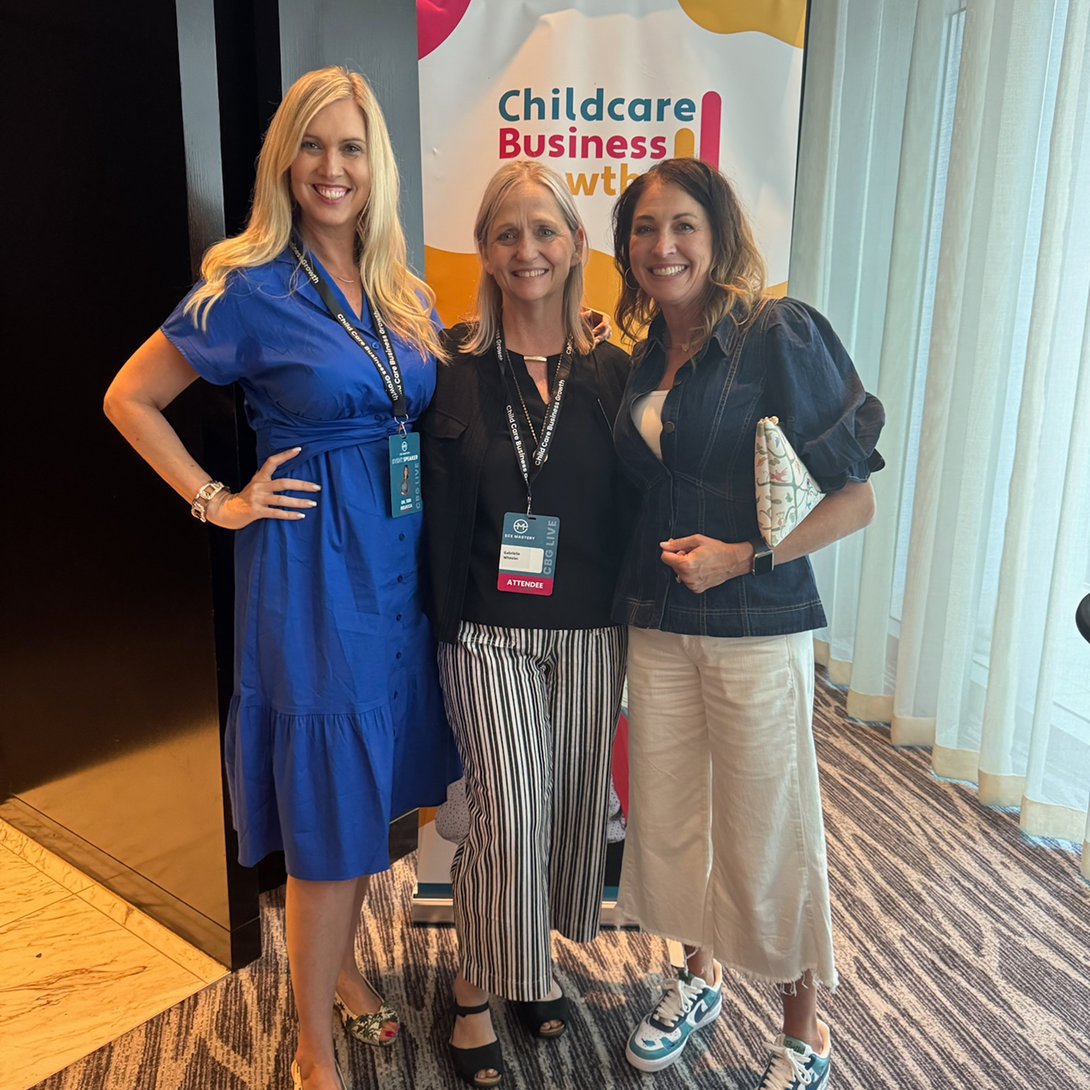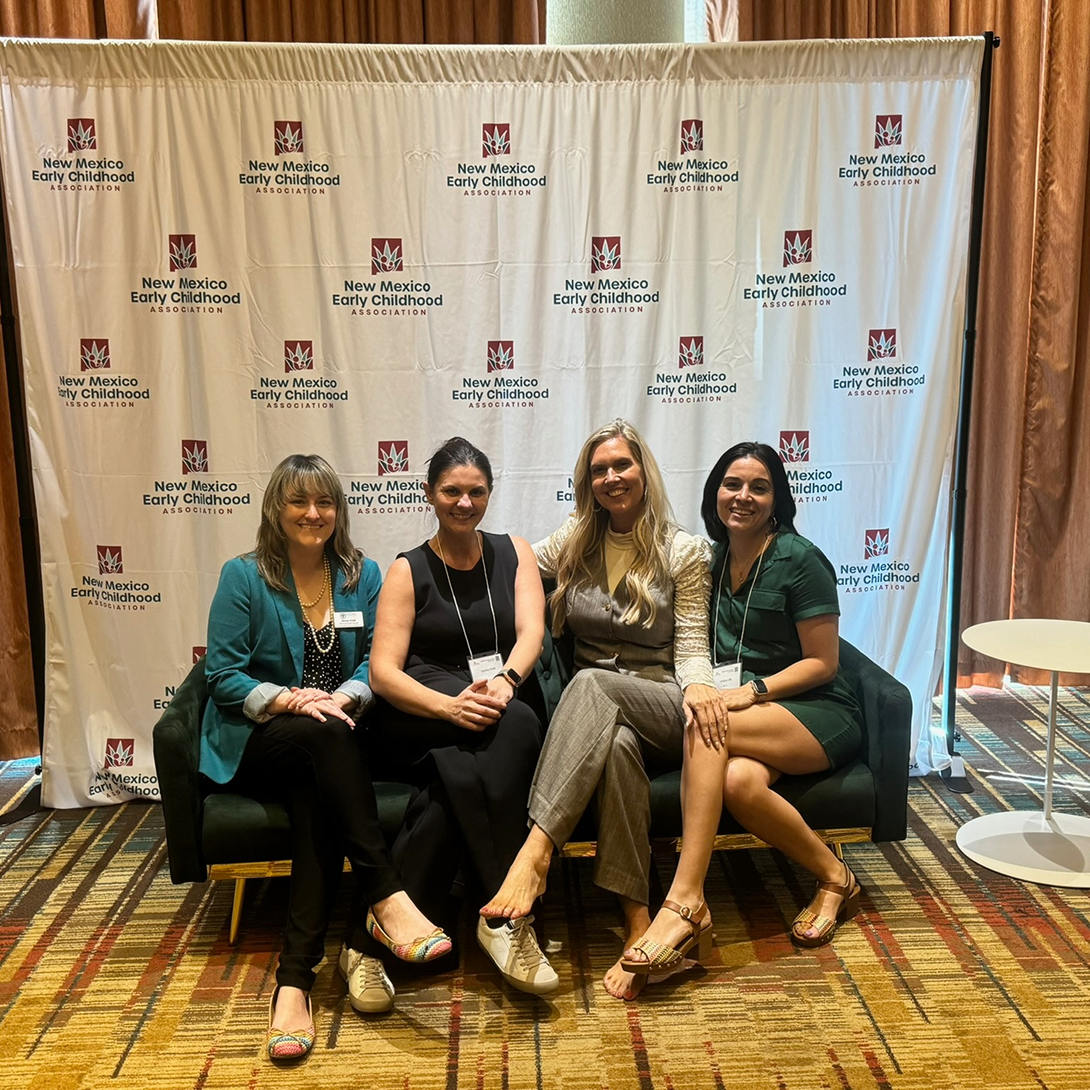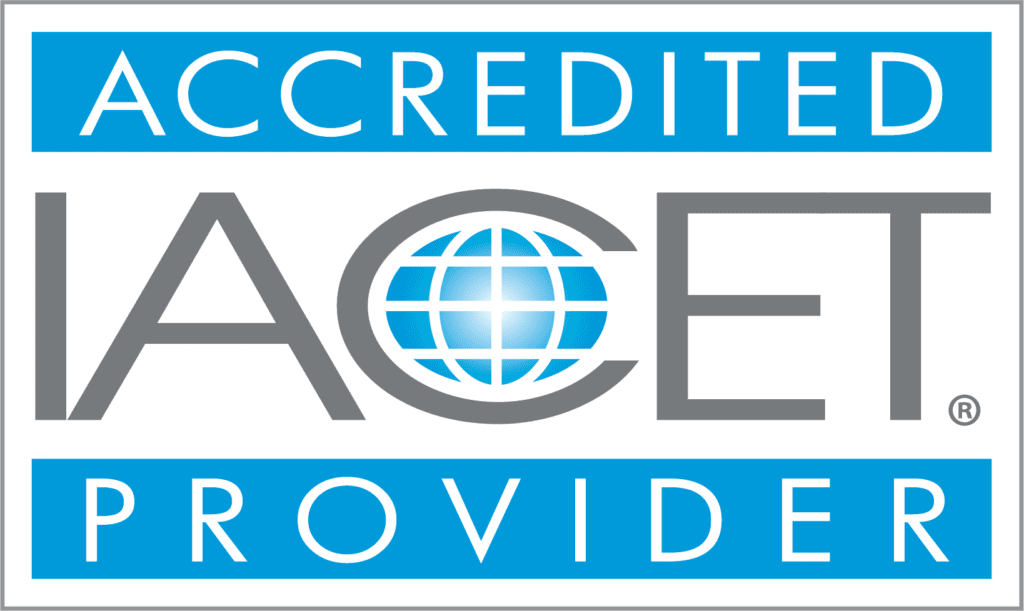When it comes to challenging behavior in the classroom, there are usually some pretty common themes. The most frequent areas that children exhibit some form of concern in are emotion regulation, aggression, defiance, and hyperactivity.
When your teachers are struggling and you’ve got that frequent flier in your office for the third time this week, where do you draw the line? Where is that fine line between “This kid is struggling with something“ and “This kid is just trying us“? At what point do we determine whether it’s the former or the latter? What helps us make that determination? When is enough enough?
Let’s Talk About Removal
The obvious needs to be said: Your number one responsibility in early childhood education is safety. You must first stop unsafe behaviors or assist an injured child before you can build the skills and understanding required to prevent the problem from happening again. So, your first instinct may be to remove the child from the classroom to diffuse the situation; and sometimes, that is necessary. But it shouldn’t be the only tool you have in your toolbox!
When we remove them from the classroom, you’re only treating the symptoms, not the cause. The cause or causes of the behavior are left untouched, which — depending on the severity — could have a wide variety of negative impacts. Yes, removing them from the classroom can diffuse the situation in the moment, but it’s more like throwing gas on a flame in the long run!
Additionally, removing the child from the classroom removes them from the place they are meant to feel safe, accepted, valued, and loved. It takes them away from the learning environment, the social aspect of that environment, and negates the opportunities they were initially presented with to learn, socialize, and grow in an environment with their peers. We’re taking them out of the very space that is intended for them to learn and practice the skills related to emotion regulation, impulse control, and conflict resolution.
More importantly, continued removal from the classroom setting can create what we call a self-fulfilling prophecy. This idea of a self-fulfilling prophecy is rooted in psychology and explains what happens when you internalize, begin to believe and actually confirm the biases or notions that others have of you. You’ll see a lot of this in educational settings and other settings, too! It’s when a teacher may perceive that a child can’t achieve a certain goal or will participate in a negative behavior. The adult then may unintentionally or unconsciously act in a way that reinforces this belief to the child and then actually elicits that behavior from the child.
How You Can Help Your Teachers
Many teachers have the skills, knowledge, experience, and ingenuity to address challenging behaviors in their classrooms, so when they’re calling for your help as an administrator, you know they need it. They have either truly tried everything and are at their wits’ end, or they don’t have the tools in their toolbox and are completely overwhelmed. Either way, they need your support at that moment, and you must be ready and armed with knowledge, strategies, confidence, and the right mindset. Your center’s success depends on it.
When your teachers are struggling with challenging behaviors, they are stressed out, burned out, and possibly considering jumping ship. All of those emotions probably lie within you, too, as you become stressed that you aren’t meeting the needs of your children, your staff, your center.
It’s exhausting, and that’s why it’s important to have protocols and procedures in place.
Protocols and Procedures
When challenging behaviors occur, you need to have different steps, procedures, and protocols in place — the gamete of different levels, too!
The classroom is the first level. In each of your classrooms, your teachers need to work to prevent behavioral concerns from arising and be proactive in addressing them when they do occur.
At the administrative level, you can include a behavior plan that is tailored and specific to the needs of the child and the teacher. You don’t need to waste time creating goals or working on areas that aren’t going to make a difference in the behavior that is challenging for our teachers. Behavior plans should be implemented and reinforced consistently if you want them to be successful.
Remember, what you’re seeing in the classroom is only the child’s reaction to the challenge or challenges they are facing. So you’ve got to dig down and find the root cause. You’ve got to use your detective skills to explore what’s really going on.
Actionable Items You Can Implement at Your Center
Okay, so it may seem like there is so much to worry about and not a whole lot you can do about it. But! That’s not true. Here are just a few things you and your teachers can do when it comes to challenging behavior:
- Set the bar high. Children will rise to your expectations — just be sure the developmental level of the child is taken into account.
- Explain rules. Hold class discussion to explain to the children where you are coming from, and the reasoning behind the rules.
- Enforce expectations. Enforce expectations and the consequences if the expectations are not upheld.
Your Support Goes A Long Way
You have to trust that your teachers are doing the best they can. If you ever feel exasperated with them or with the students, just imagine being in the classroom with that child all day — while trying to care for other children, too. It’s a lot.
Grace, compassion, understanding, and consistency can make a big difference, for both your teachers and students. We encourage you to stay committed to seeing the greatest potential in your teachers and who they can be if they have all the knowledge, tools, resources, and confidence to be a stellar teacher. Give them what they need to rise up to that level and watch your center transform.
At Impact Early Education, we know your work is never done. That’s why we provide valuable professional development courses for preschool teachers, directors, and owners in a way that works for you. To learn more, explore our courses or contact us today!




